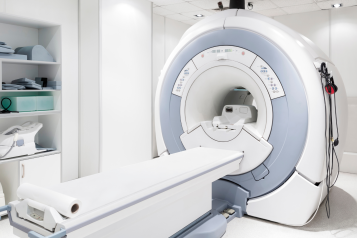Community Approach to health and well being


The new WLIG group met recently to discuss the importance of involving the North Somerset community in working with service providers to meet significant challenges services face in the future. The emphasis on listening to patients views and ensuring they make a big difference to health and social care is the whole reason Healthwatch North Somerset exists and therefore is very much part of the way we work.
According to the new guidelines for community action, Engaging and empowering communities: Our shared commitment and call to action, the health and social care sector must transform its relationship with communities, or risk failing to address vital issues. The Weston group is looking at the document, supported by NHS England, the Department of Health and Public Health England, to see of communities could work locally to bring about shared positive outcomes. According to the report, the public’s help is needed as formal care services can’t work alone in dealing with pressing health matters.
It’s long been recognised that solutions to health and wellbeing problems often require interventions outside a traditional medical approaches. Social prescribing offers a way of providing non-medical support. Social prescribing genuinely strengthens the links between healthcare providers and community, voluntary and local authority services. These include leisure, welfare, education, culture, employment and the use of urban parks, green gyms and allotments.
A recent evaluation by Sheffield Hallam University concluded that the Rotherham Social Prescribing Services reduced both inpatient episodes and A&E attendances.
Communities are already empowered to: develop neighbourhood plans; and bid to buy community assets or run services such as pubs, shops, leisure and community centres and libraries. Moving forward with community action or “capacity building,” many ‘connecting’ approaches exist to support people to develop networks and build social capital. These efforts to initiate change is known as Local Area Coordination and bring about significant improvements, reform and even costs savings in communities.
If Local Area Coordination is done well and implemented effectively then the results can be truly astonishing. In just the first 12 months, working with approximately 50 people, our evaluation identified a £800,000 saving for the health and social care economy as people reduced their use of public services.”
This document suggests that power and control should be taken away from public services and professionals and be handed to the community and those who are marginalised and seldom heard. A strong recognition that people have skills and knowledge that can and should be used in their community.


